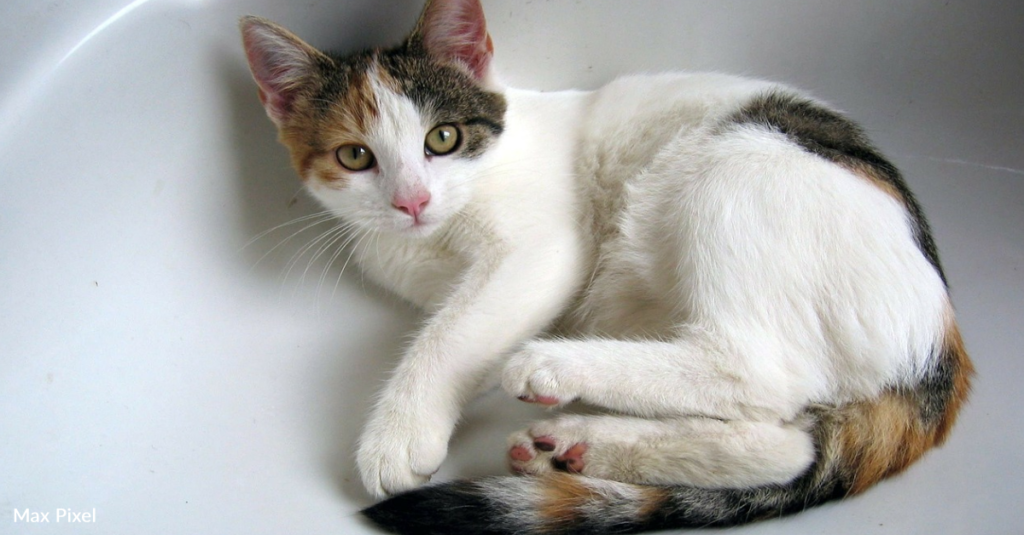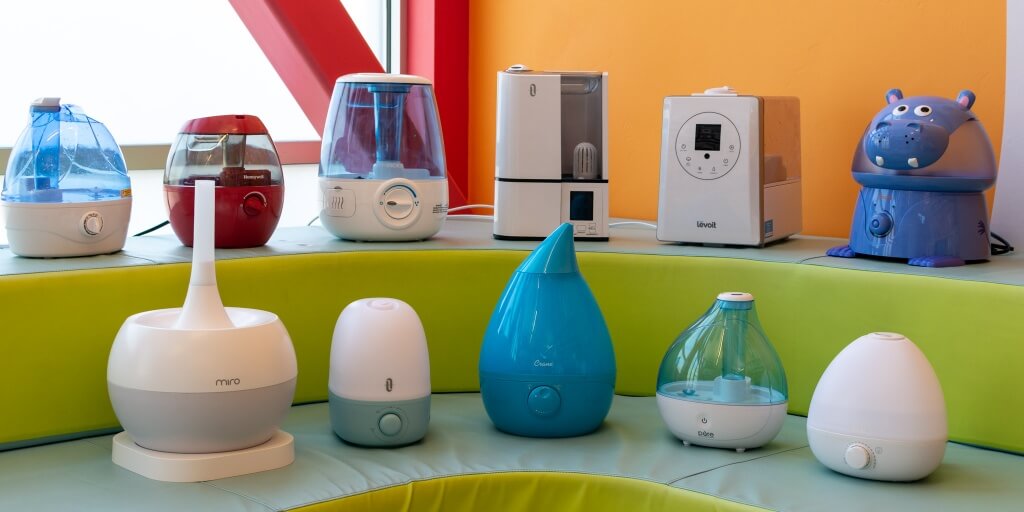As a caring pet owner, you may have concerns about your feline friend’s health, especially when it comes to their breathing.
Cats, like humans, can be affected by the environment they live in, and dry air can lead to various respiratory issues.
In this article, we’ll explore whether using a humidifier can help improve your cat’s breathing and overall well-being.
Will a Humidifier Help My Cat’s Breathing?
Absolutely! A humidifier can really help your cat breathe better, especially if they have asthma or allergies. Dry air makes these conditions worse, especially in winter. By keeping the air moist, humidifiers prevent asthma attacks and make it easier for your cat to breathe. They also help keep the room warmer, which is super important in staying healthy during the colder months.
Does a Humidifier Help Cat Asthma?
Yes, a humidifier can be helpful if your cat suffers from asthma. Asthma in cats is characterized by inflammation and constriction of the airways, which can make breathing difficult. Dry air can exacerbate these symptoms and make your cat’s condition worse.
By introducing a humidifier into your cat’s environment, you can increase the moisture levels in the air.
This added humidity can help soothe irritated airways, making it easier for your cat to breathe comfortably.
However, it’s important to choose the right type of humidifier, such as a cool mist or ultrasonic humidifier, as they are safer for pets.

If your cat is suffering from an upper respiratory infection (URI), a humidifier can offer some relief. URIs often lead to symptoms like nasal congestion, sneezing, and difficulty breathing.
The moist air produced by a humidifier can help alleviate these symptoms by keeping your cat’s nasal passages moist and reducing irritation.
Is a Humidifier Good for Cat Sneezing?
Yes, a humidifier is good for cats as it can help reduce cat sneezing, especially when it’s caused by dry air. When the air is too dry, it can irritate your cat’s nasal passages and lead to frequent sneezing.
A humidifier adds moisture to the air, preventing dryness and reducing the chances of sneezing fits.

How Do You Clear a Cat’s Chest Congestion?
If your cat is experiencing chest congestion, it’s important to consult with a veterinarian for proper diagnosis and treatment.
However, you can use a humidifier as a supportive measure to help ease your cat’s discomfort. The moist air from a humidifier can help loosen mucus and make it easier for your cat to clear their airways.
Considerations for Selecting Best Humidifier for Cats
When selecting a best humidifiers for cat, consider the following factors:
- Cool Mist or Ultrasonic Humidifiers: These are generally the safest options for pets, as they produce a cool mist without the risk of burns.
- Size and Capacity: Choose a humidifier that is appropriately sized for the room where your cat spends most of their time. A larger capacity can run for longer periods without needing frequent refills.
- Maintenance: Regularly clean and maintain your humidifier to prevent the buildup of mold and bacteria, which can be harmful to both you and your cat.
How to Use a Humidifier for Cats
Using a humidifier for your cat is simple:
- Choose the Right Humidifier: Select a cool mist or ultrasonic humidifier for safety.
- Place It Carefully: Position the humidifier in a safe location, away from your cat’s reach, to prevent accidents.
- Monitor Humidity Levels: Use a hygrometer to keep an eye on the humidity levels. Aim for a range of 40-60% humidity for your cat’s comfort.
- Regular Maintenance: Clean the humidifier as instructed by the manufacturer to keep it functioning effectively and hygienically.
Are Vicks Humidifiers Safe for Cats?
While Vicks humidifiers are generally not safe for cats, it’s advisable to avoid using them around your cat.
Some Vicks products may contain essential oils and menthol, which can be harmful if ingested or inhaled by cats. It’s best to choose a plain, pet-friendly humidifier to ensure your cat’s safety.
In conclusion, a humidifier can indeed help improve your cat’s breathing and provide relief for various respiratory issues.
However, it’s essential to choose the right type of humidifier, maintain it properly, and consult with a veterinarian for any serious health concerns.
By creating a comfortable and humidified environment, you can help your feline companion breathe easier and lead a happier, healthier life.



